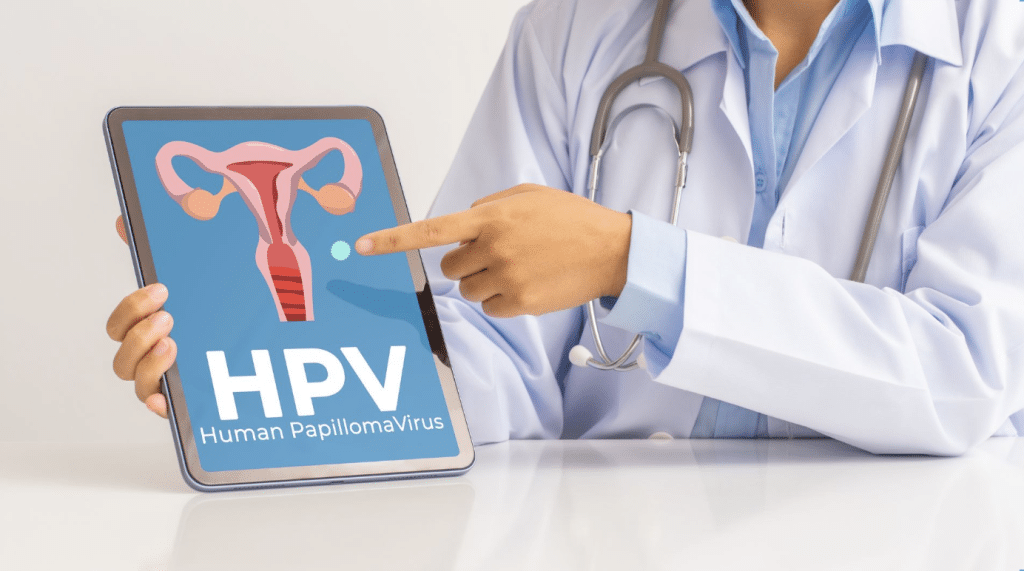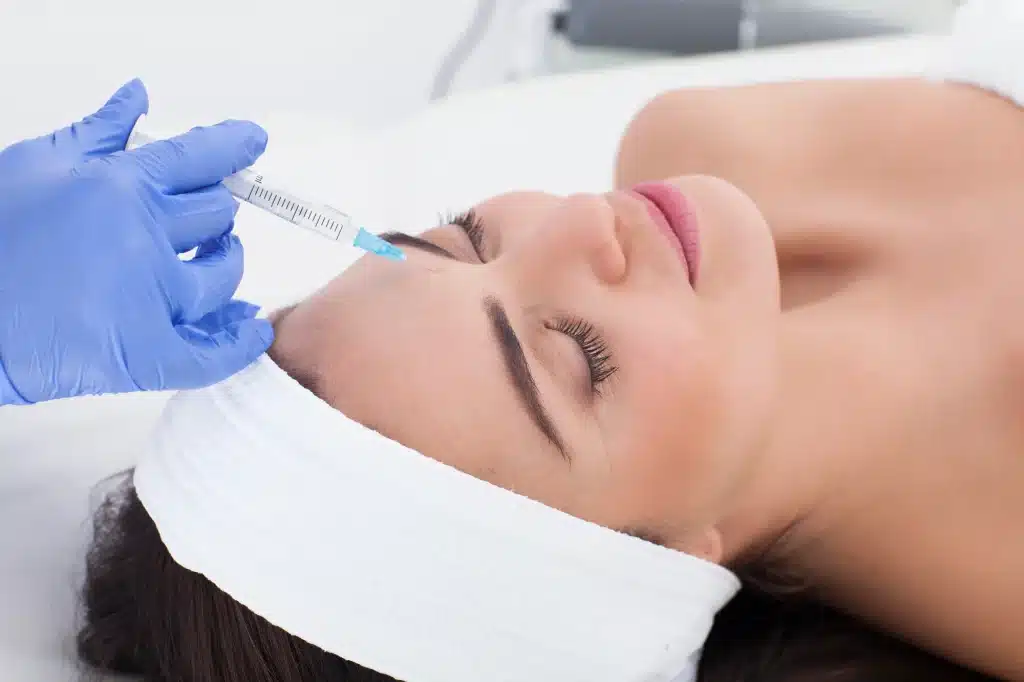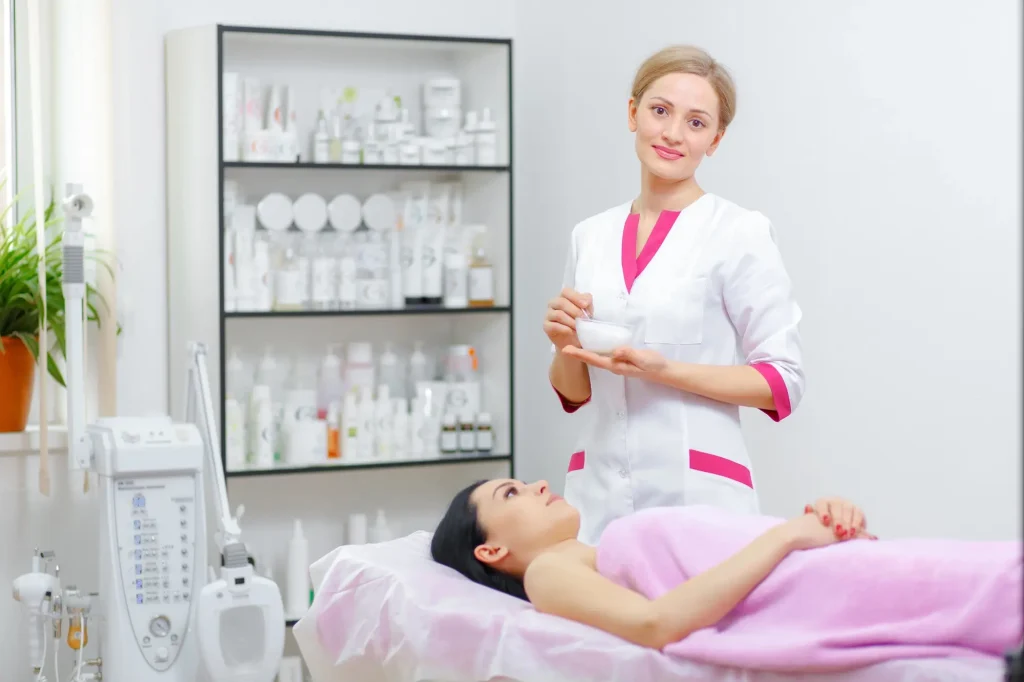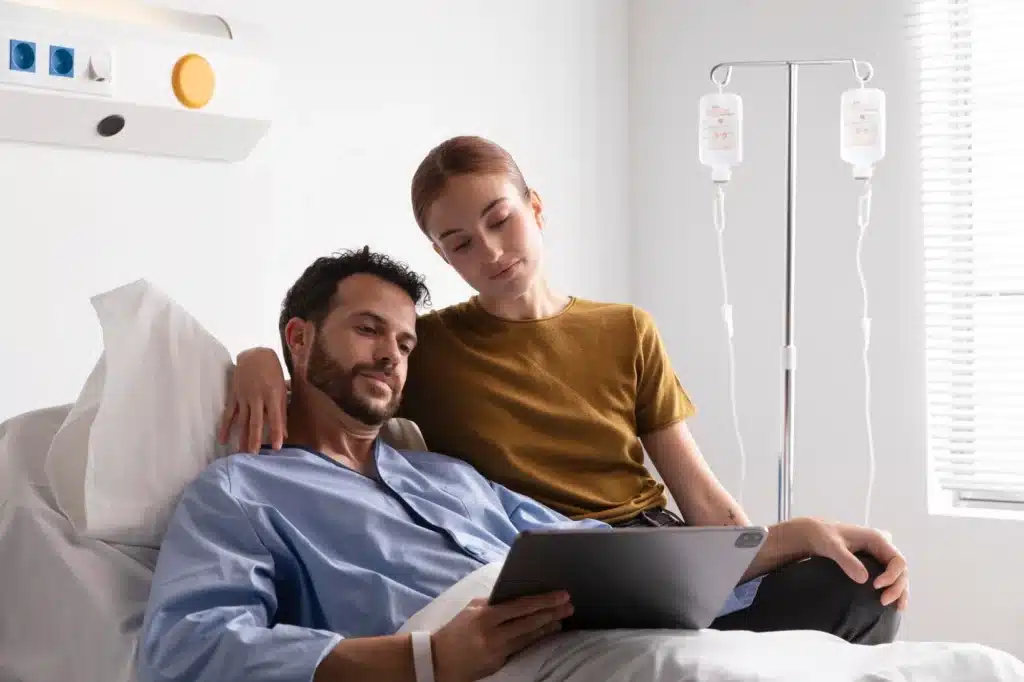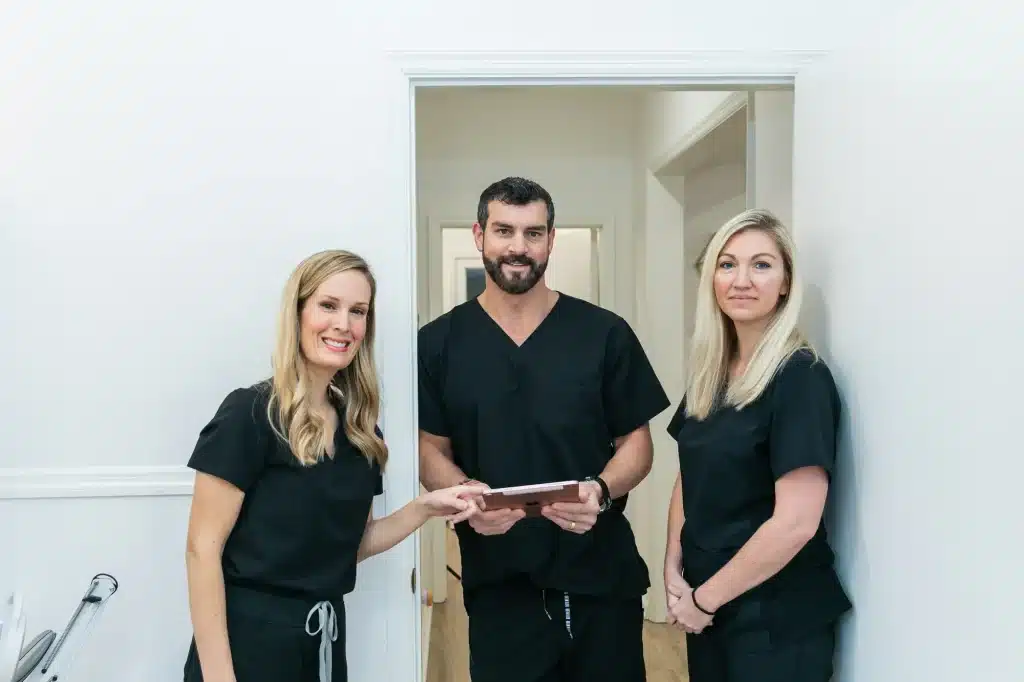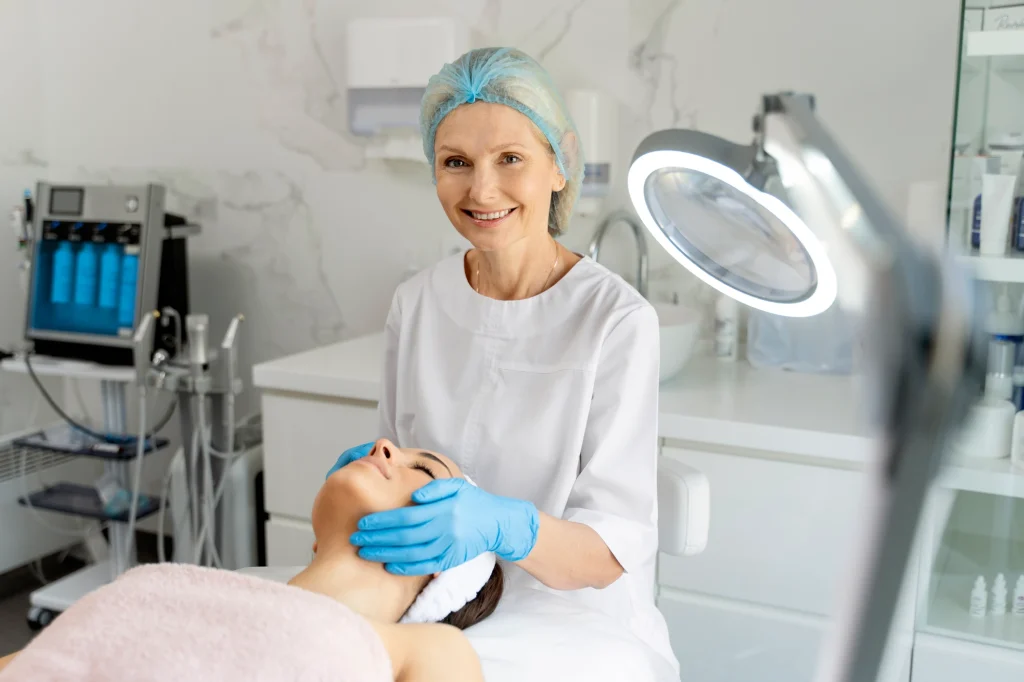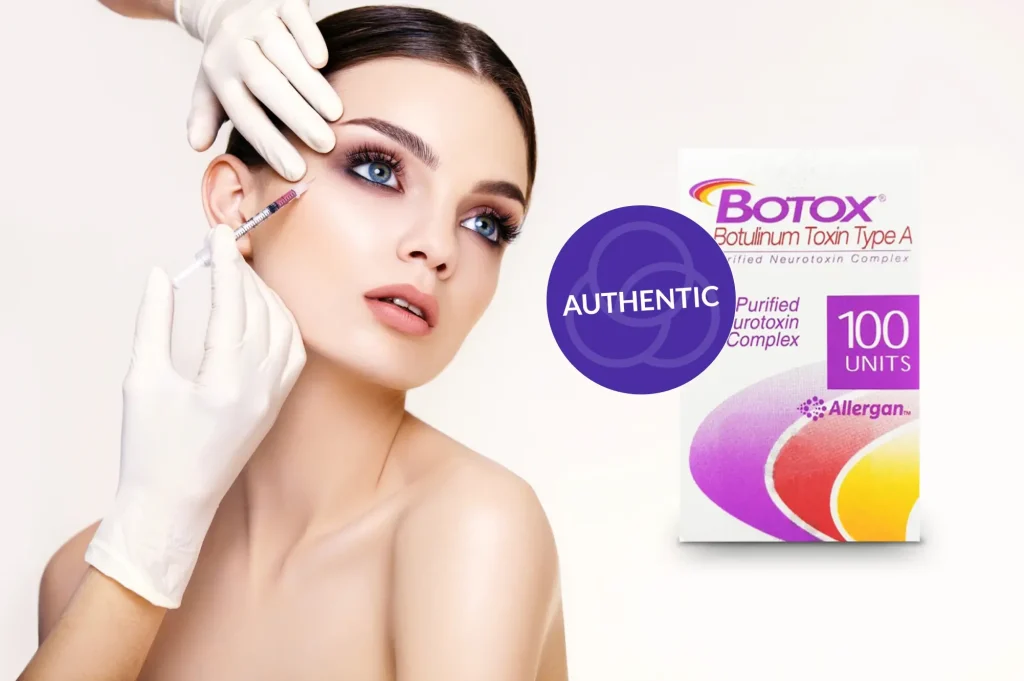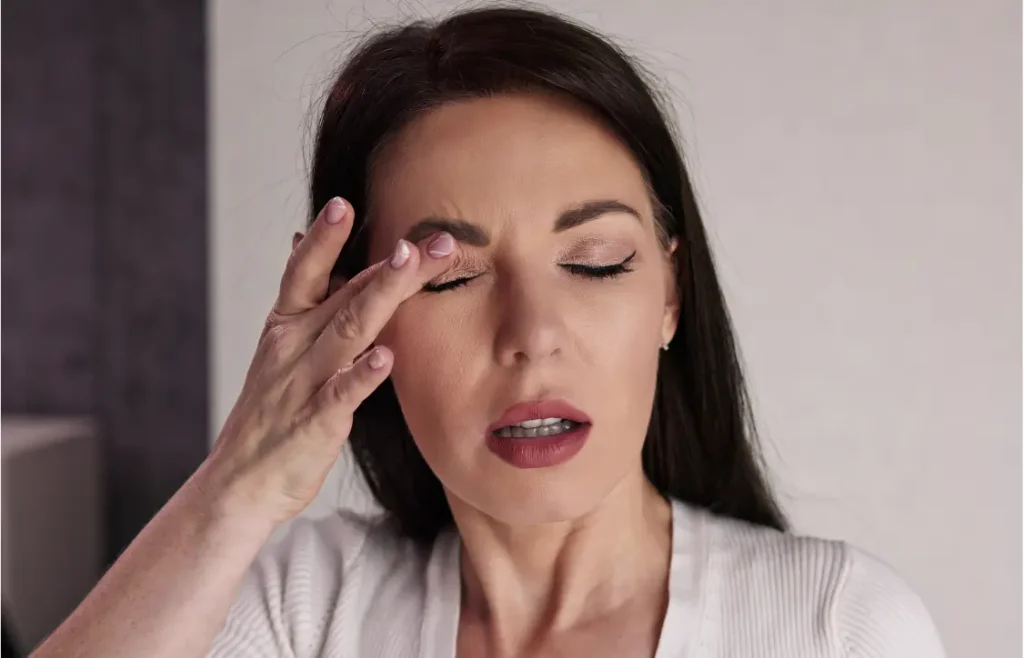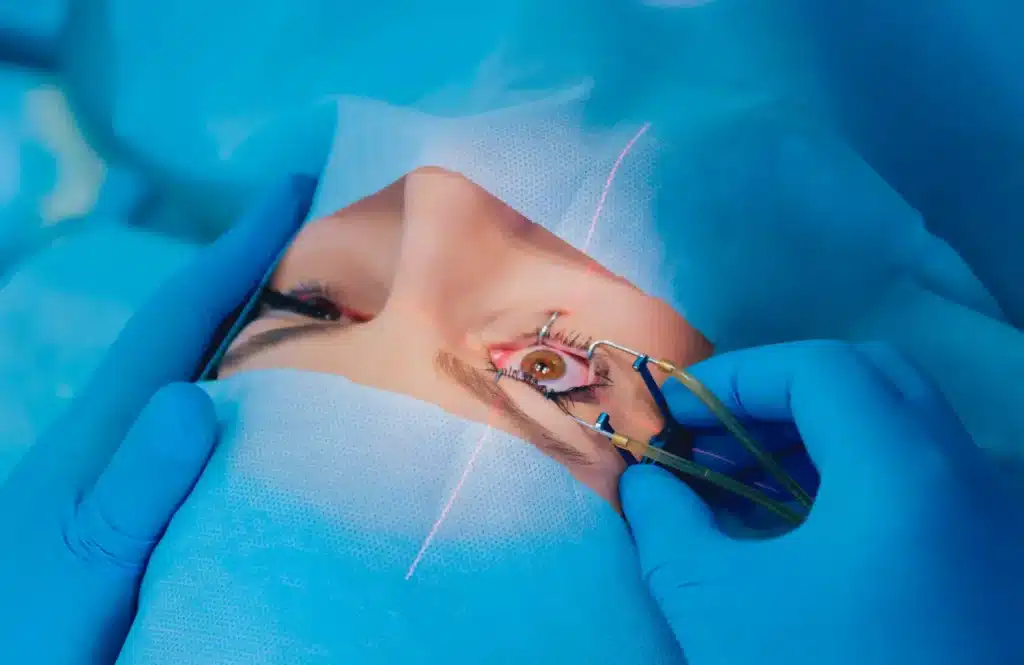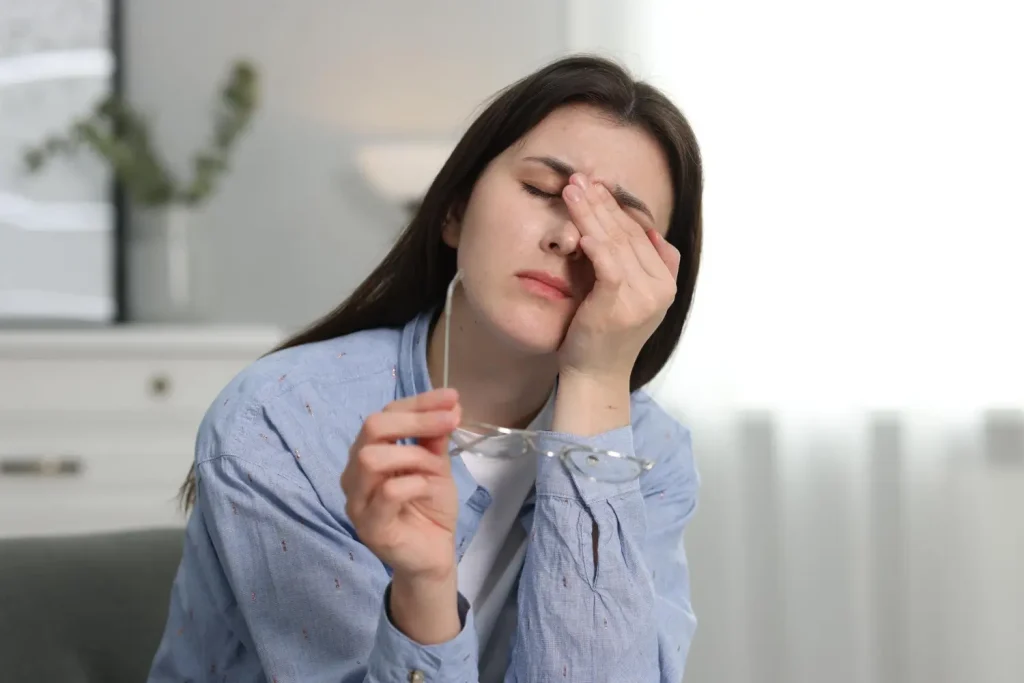Human papillomavirus (HPV) is one of the most common sexually transmitted infections worldwide, affecting millions of people each year. According to the Centers for Disease Control and Prevention (CDC), nearly 42.5 million Americans are living with HPV.
Gardasil is a vaccine designed to protect against the most harmful strains of HPV, including those that cause cervical cancer and genital warts. Approved by the FDA in 2006, Gardasil has since been updated to Gardasil 9, which covers additional HPV strains.
In this article, we will explore Gardasil’s effectiveness in preventing HPV-related diseases, its safety profile, and the overall benefits of vaccination.
Key Takeaways
- Gardasil is a vaccine designed to protect against the most harmful strains of HPV, including those that cause cervical cancer and genital warts. Gardasil 9, approved in 2016, offers protection against nine types of HPV.
- Doctors recommend Gardasil for individuals aged 9 to 26, with the optimal time for vaccination being at age 11 or 12. Monitoring during the injection and awareness of possible side effects are advised.
- HPV is strongly linked to cervical cancer, with high-risk strains responsible for about 70% of all cervical cancer cases. Gardasil has been shown to be highly effective in preventing HPV infections, with Gardasil 9 being nearly 100% effective in preventing various HPV-related infections and precancers.
- Studies have demonstrated that vaccination with Gardasil can prevent approximately 90% of HPV-related cancers, including cervical, vulvar, vaginal, anal, and oropharyngeal cancers. Vaccinating both males and females before exposure to HPV is crucial in reducing the overall burden of HPV-related cancers and improving health outcomes.
About: Medical Spa RX provides medical practices with premium products at the best prices. If you’re looking to buy Gardasil for your practice, the sales representatives at Medical Spa RX can give you guidance.
What is Gardasil?

Gardasil is a vaccine that fights against the human papillomavirus (HPV), which can cause cervical cancer and other diseases. Since 2016, Gardasil 9 has been the only type used in the U.S. It protects against nine types of HPV.
Doctors suggest it for people ages 9 to 26, with the best time to get it being at age 11 or 12. They also recommend monitoring during the injection and being vigilant about possible Gardasil side effects.
Gardasil targets four main types of HPV: 6, 11, 16, and 18. Gardasil 9 goes even further by protecting against five more types. Types 6 and 11 cause most genital warts, while types 16 and 18 lead to about 70% of cervical cancer cases.
The Importance of HPV Prevention

Human papillomavirus (HPV) is one of the most common sexually transmitted infections globally, affecting millions of people each year. According to the World Health Organization (WHO), approximately 80% of sexually active individuals will contract HPV at some point in their lives. This high prevalence underscores the need for effective prevention strategies.
HPV is strongly linked to cervical cancer, with certain high-risk strains, such as HPV 16 and 18, responsible for about 70% of all cervical cancer cases. The virus can also cause other types of cancers, including those of the anus, penis, and throat. Preventing HPV infections through vaccination and regular screenings is crucial in reducing the incidence of these cancers and improving public health outcomes.
Efficacy of Gardasil in Preventing HPV

Clinical studies have consistently demonstrated Gardasil’s effectiveness in preventing HPV infections.
- For instance, a study by the CDC found that infections with the four HPV types targeted by Gardasil decreased by 88% among females aged 14 to 19 and by 81% among women aged 20 to 24 within ten years of the vaccine’s introduction.
- Another study showed that Gardasil 9, which protects against nine HPV types, maintained high levels of antibodies and effectiveness for up to ten years after vaccination.
Experts widely support Gardasil’s efficacy. The National Cancer Institute highlights that Gardasil 9 is nearly 100% effective in preventing cervical, vulvar, and vaginal infections and precancers caused by the seven cancer-causing HPV types it targets. Additionally, the CDC emphasizes that the vaccine provides long-lasting protection against HPV-related diseases.
The Role of Gardasil in Preventing HPV-Related Cancers
Gardasil has significantly impacted the reduction of HPV-related cancers. Studies have shown that vaccination with Gardasil can prevent approximately 90% of HPV-related cancers, including cervical, vulvar, vaginal, anal, and oropharyngeal cancers. By targeting the high-risk HPV types responsible for the majority of these cancers, Gardasil effectively reduces the incidence of these potentially life-threatening diseases.
The significance of vaccination in preventing HPV-related cancers cannot be overstated. Widespread use of Gardasil has led to a substantial decline in the prevalence of HPV infections and related precancers. Public health experts emphasize that vaccinating both males and females before exposure to HPV can dramatically lower the overall burden of HPV-related cancers, contributing to better health outcomes and reduced healthcare costs.
Conclusion
Gardasil is highly effective at protecting against HPV by targeting multiple strains of the virus before they cause harm. Experts widely agree that it’s one of the best defenses against HPV and the cancers linked to it. Early vaccination is key for ensuring full protection.
In short, Gardasil is a reliable shield against HPV and its potentially serious health risks.
FAQs
1. What is Gardasil, and how does it relate to HPV?
Gardasil is a vaccine designed to prevent certain types of human papillomavirus (HPV). It’s known to protect against strains that cause most cases of cervical cancer.
2. How effective is Gardasil in preventing HPV?
Studies show that Gardasil can prevent over 90% of HPV-related diseases. However, its effectiveness depends on receiving the entire vaccination course before exposure to the virus.
3. Are there any side effects or risks associated with the Gardasil vaccine?
Like all vaccines, Gardasil may have side effects such as pain at the injection site, fever, or headache. Serious side effects are rare but could include allergic reactions. Always consult your healthcare provider for personalized advice.
4. Can men also get vaccinated with Gardasil for HPV prevention?
Both men and women can benefit from getting vaccinated with Gardasil – it helps protect against several types of cancers related to HPV in both genders.
References
Elflein J. Human papillomavirus (HPV) in the U.S. – Statistics & Facts. Statista. Published June 14, 2024. https://www.statista.com/topics/5094/human-papillomavirus-hpv-in-the-us/
Cheng, L., Wang, Y., & Du, J. (2020). Human Papillomavirus Vaccines: An Updated Review. Vaccines, 8(3), 391. https://doi.org/10.3390/vaccines8030391
Charde, S. H., & Warbhe, R. A. (2022). Human Papillomavirus Prevention by Vaccination: A Review Article. Cureus, 14(10), e30037. https://doi.org/10.7759/cureus.30037
